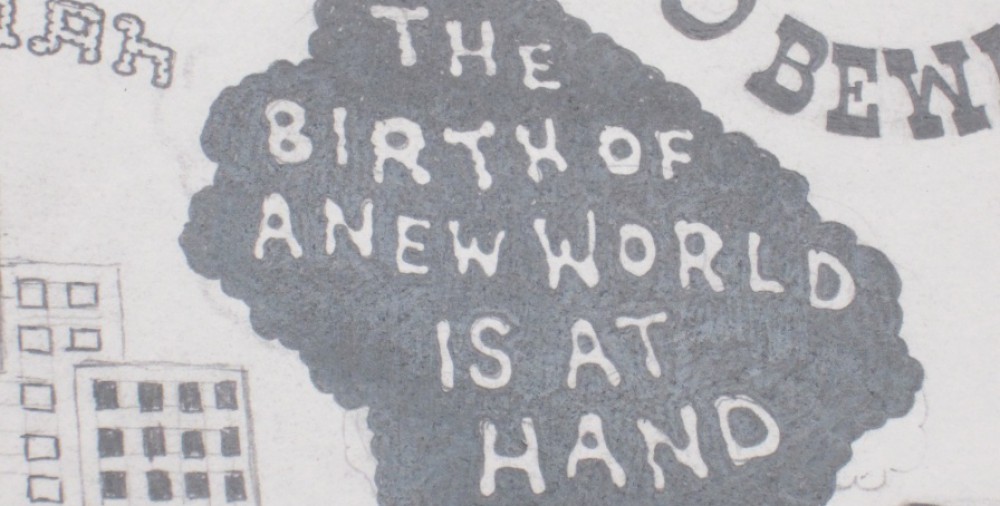The Ones Who Walk Away from Omelas is written by Ursula Le Guin. In this piece, Le Guin describes Omelas as a whole, a long with the Festival of Omelas and the people of Omelas. Le Guin describes the Festival of Omelas to be such a vibrant event. She goes on about how the festival contained “a shimmering of gong and tambourine,” dance and singing. She even included the horses of Omelas who had manes that were “braided with streamers of silver, gold, and green.” To me, it is significant that Le Guin described the horses. Horses are usually a symbol of strength. When I think of a horse I think of a horse running free. When I think of the colors silver, gold and green, I think of good luck and high status. While Le Guin continued on about how happy a place Omelas was with their “joyous clanging of bells,” all I could think about is the fact that Omelas may not be as happy as Le Guin explains it to be.
After all the talk about Omelas and its happiness, Le Guin introduces us to a child. Neither boy or girl was specified. This child is held in the basement under “one of the most beautiful public buildings of Omelas.” The child is held against its will. Malnourished and abused physically and mentally, the child cries out for help only until he can not cry out anymore and begins to “eeh-ahh.”
I find it weird that this boy is being trapped under Omelas in misery, while everyone else in Omelas gets to live in happiness. Le Guin states that without the boy, Omelas wouldn’t be the “happy” place that it is. If one was to set the boy free, Omelas loses its happiness.
I don’t understad how Le Guin can consider Omelas to be such a happy place when in actual reality, the fact that an entire city has to depend on the misery of one child is not happy at all. It’s sad. The people of Omelas are trapped behind their fear of unhappiness hoping that one day this boy can be set free.
The ones who walk away from Omelas are the happiest people in my eyes. They walk away from the idea of living in such a “happy” place and decide to enter a place with less happiness. Probably a place that does not have to depend on one boy to keep the whole city happy. The place they travel to may not be as happy as Omelas, but the people who travel out of Omelas seem to be content with that.



